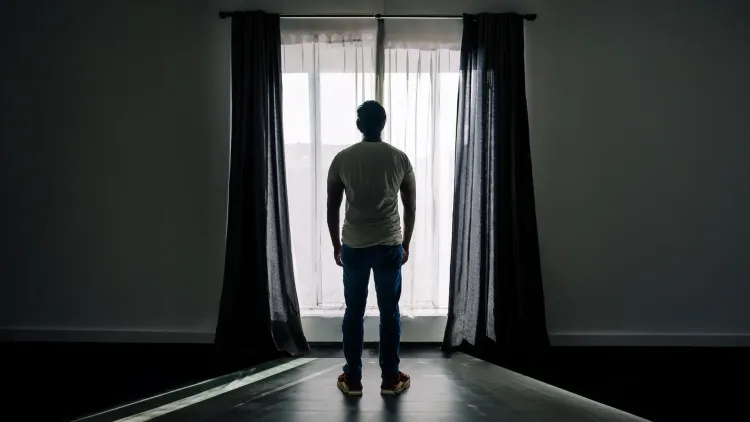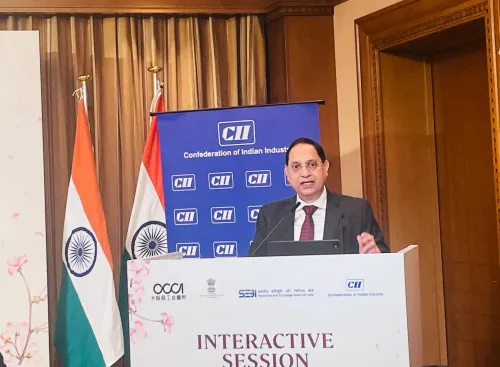Is Mental Health Support Crucial for Burn Survivors to Combat Stigma and Discrimination?

Synopsis
Key Takeaways
- Mental health support is vital for burn survivors.
- Burn patients often face stigma and discrimination.
- Healthcare systems need systemic improvements.
- India has a significant burden of burn injuries.
- Recommendations include training and policy reforms.
New Delhi, July 1 (NationPress) A recent study emphasizes that providing mental health support is vital for burn survivors to effectively confront the stigma and discrimination they face.
Although survival rates for burn patients have improved due to enhanced medical care, they continue to experience stigma and discrimination within hospitals and healthcare environments, according to the researchers.
Conducted in Uttar Pradesh, the study identified factors such as institutional neglect, inadequate resources, overwhelmed staff, and systemic flaws as reasons why burn patients often receive subpar and discriminatory care.
This can lead to emotional, physical, and psychological harm, especially for individuals with noticeable disfigurements or disabilities and those from less privileged backgrounds.
“Burn survivors, especially women and individuals from poorer communities, face blame and isolation, along with neglect in healthcare settings. Concurrently, stressed and unsupported healthcare professionals deal with burnout, which may result in unintentional yet harmful actions towards patients,” stated Pratishtha Singh from The George Institute for Global Health.
“Addressing both the experiences of patients and systemic challenges is crucial for creating a compassionate and equitable burn care system,” Singh added.
Burn injuries represent a significant public health challenge, with an estimated 180,000 deaths occurring globally each year, predominantly in low- and middle-income nations.
India bears a significant portion of this issue, reporting approximately 2.1 million burn injuries, 25,000 deaths, and over 1.4 million disability-adjusted life years (DALYs) lost annually.
The research, published in the peer-reviewed journal Burns, also presents several policy and practice recommendations to address these shortcomings.
These recommendations advocate for structured training and counseling for healthcare providers regarding burn-related stigma, patient-centered care, and mental health support; revisions in medical and nursing education concerning burn recovery.
The team also proposed enhancing hospital support systems, including mental health services and rehabilitation pathways, particularly in public health facilities, and developing anti-discrimination policies through collaboration with various stakeholders, including government agencies, legal aid, and civil society.










